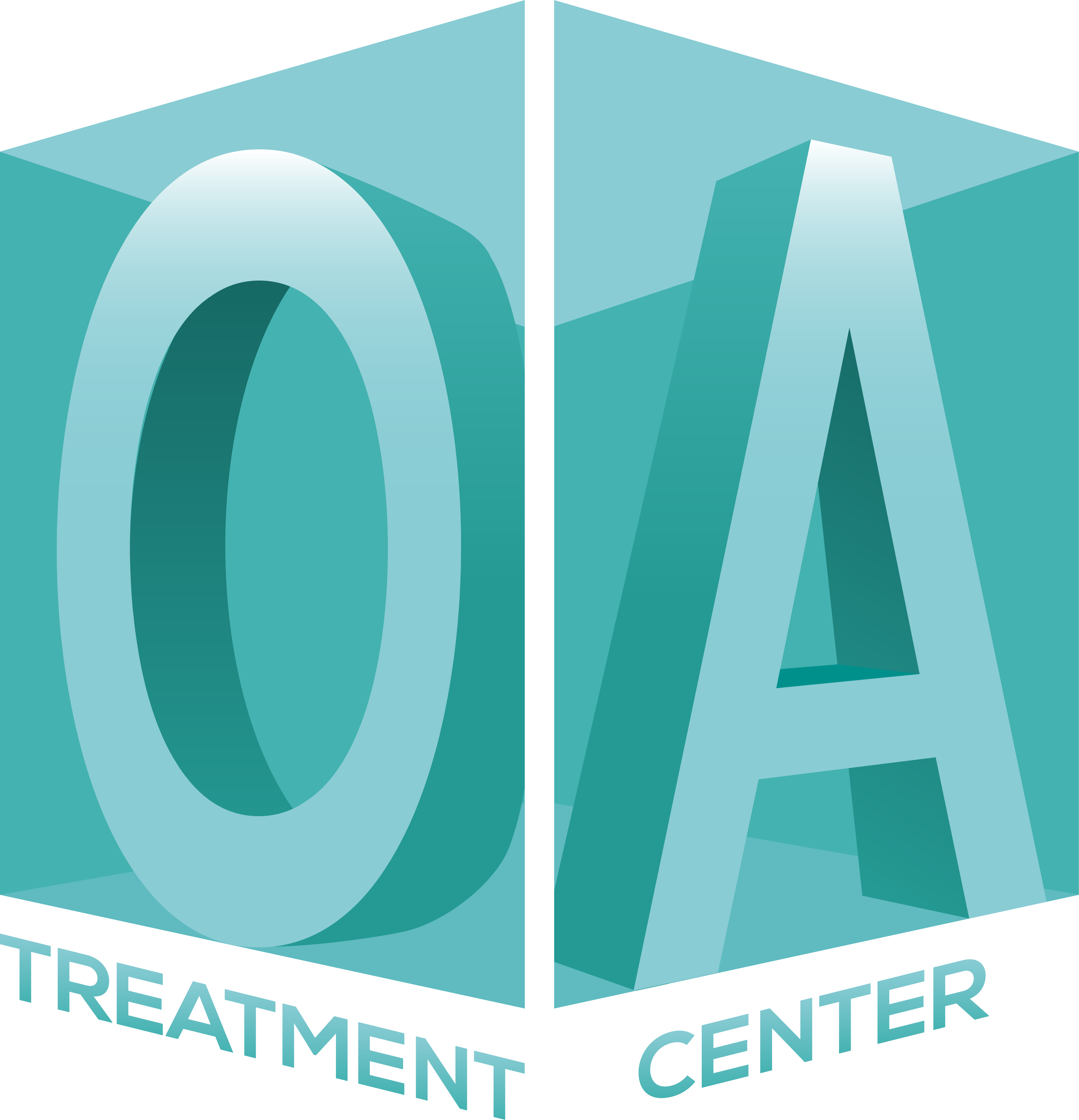Medications:
A brief comment regarding medication. It should be noted that many individuals find that CBT, combined with medication, can provide the best combination for relief from symptoms. Using medication along with CBT is a beneficial approach for many areas of concern. Taking medication for mental health concerns is a personal choice. Please note that Dr. Osgood-Hynes does not prescribe medications. Also, medications are not needed before starting cognitive behavioral treatment. Dr. Osgood-Hynes is available to discuss information about the choice of medication, however for a more detailed consult, please speak to a primary care physician, psychiatrist or clinical nurse specialist. Medication consideration is part of an overall biopsychosocial approach to assessment of an individual. It is important to assess all biological factors, psychological factors, and social factors influencing an individual, to develop an effective treatment plan.
